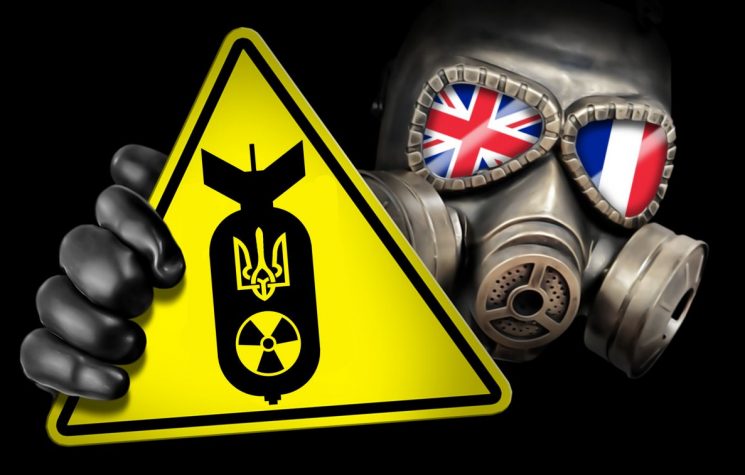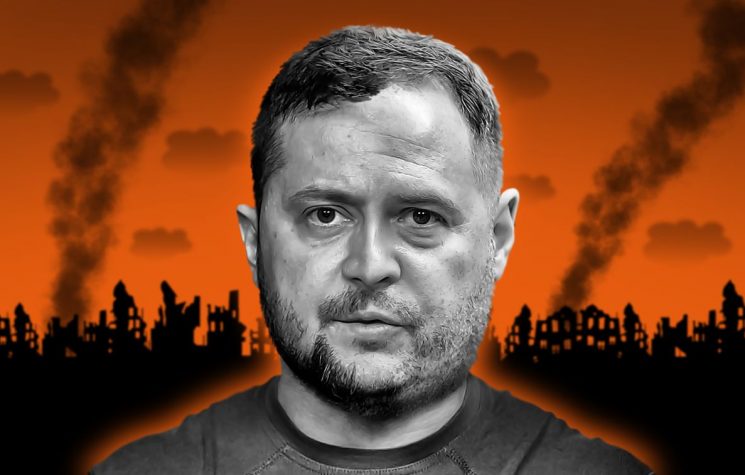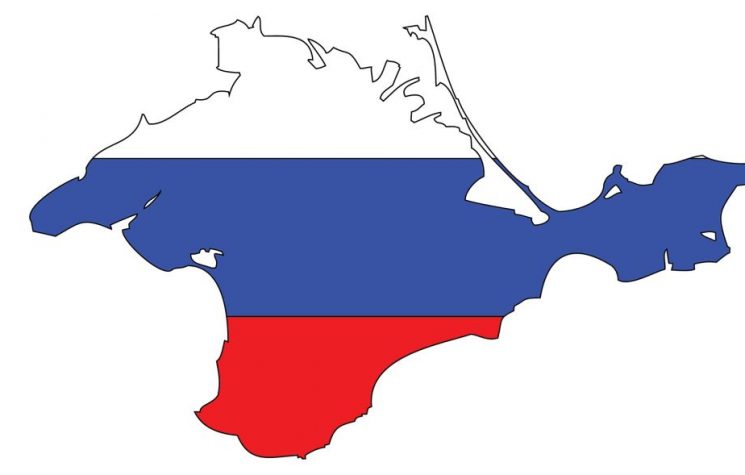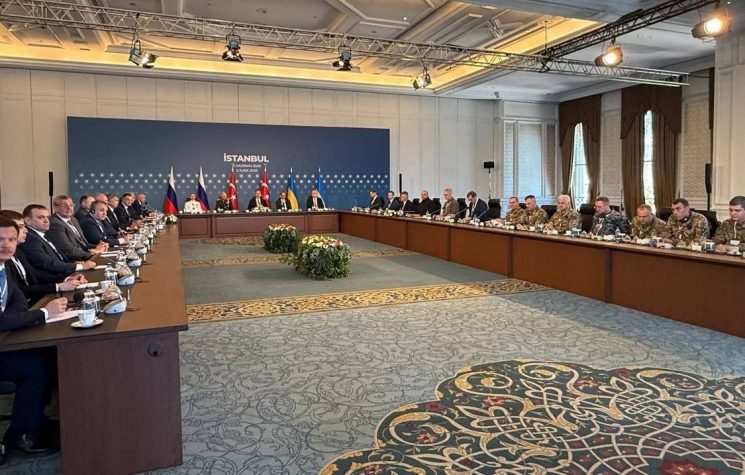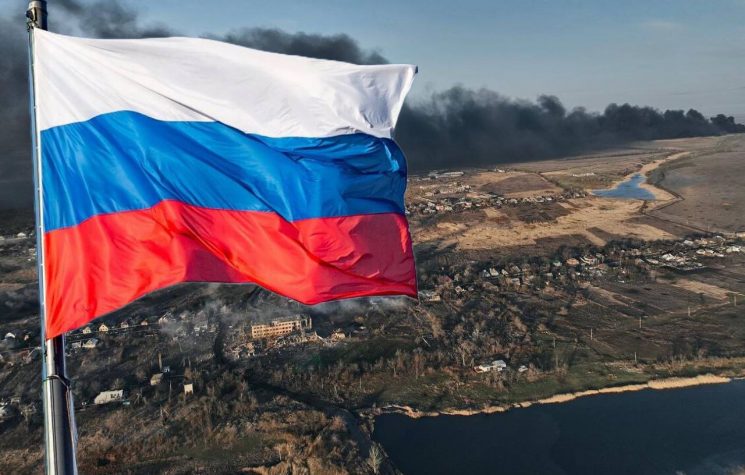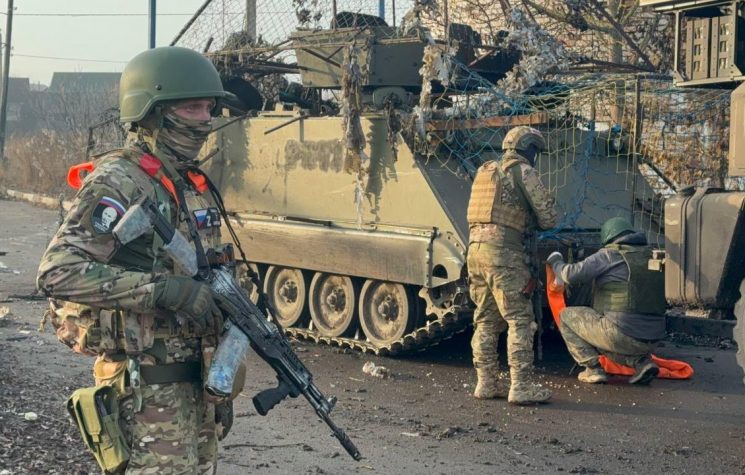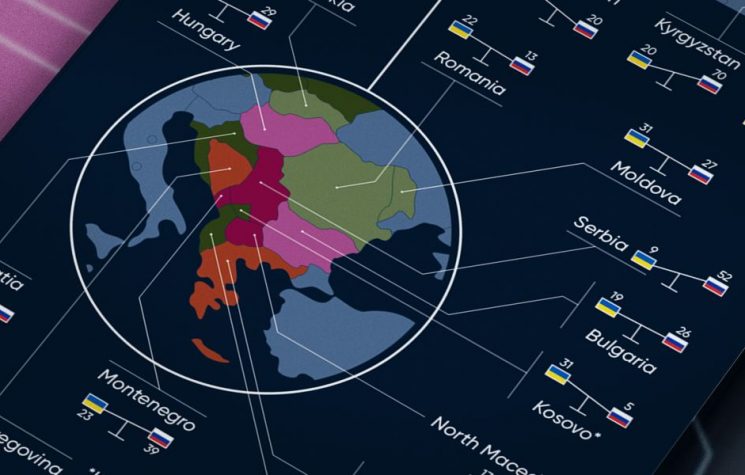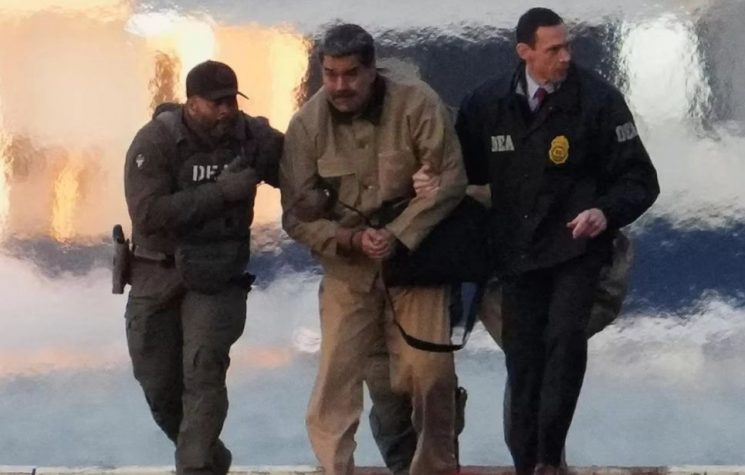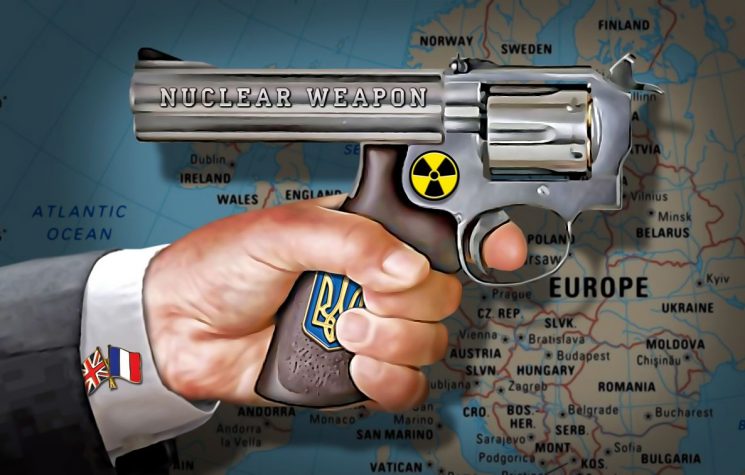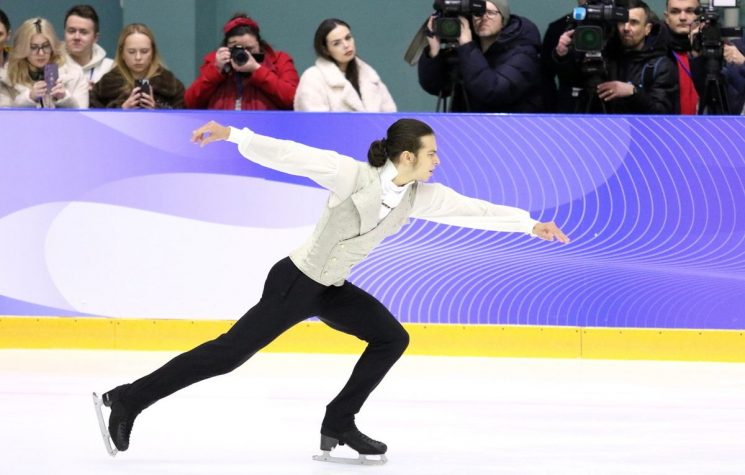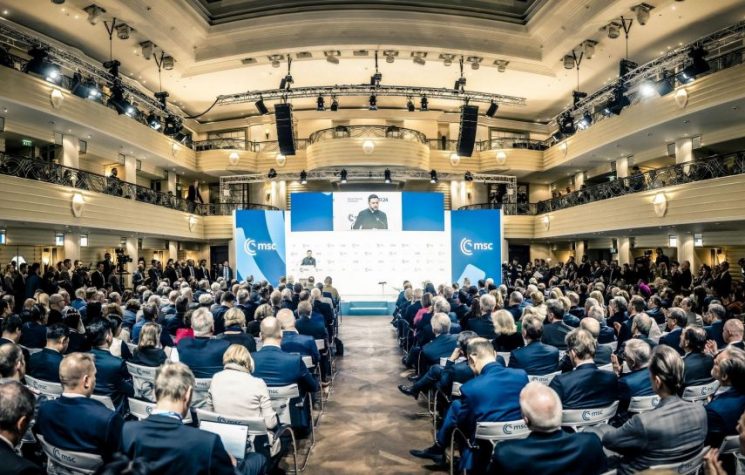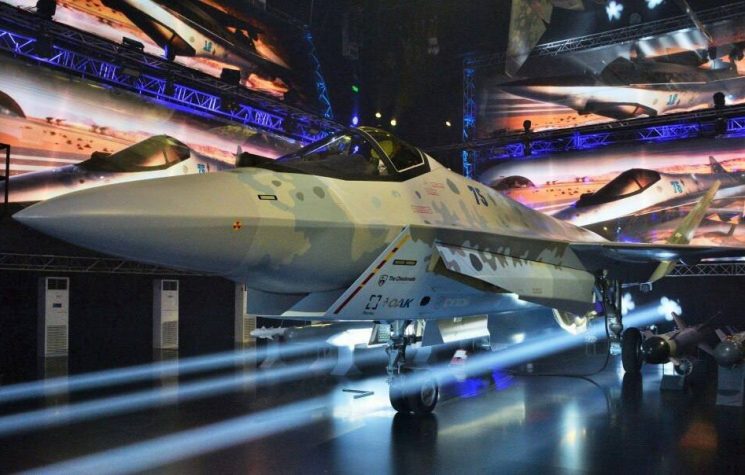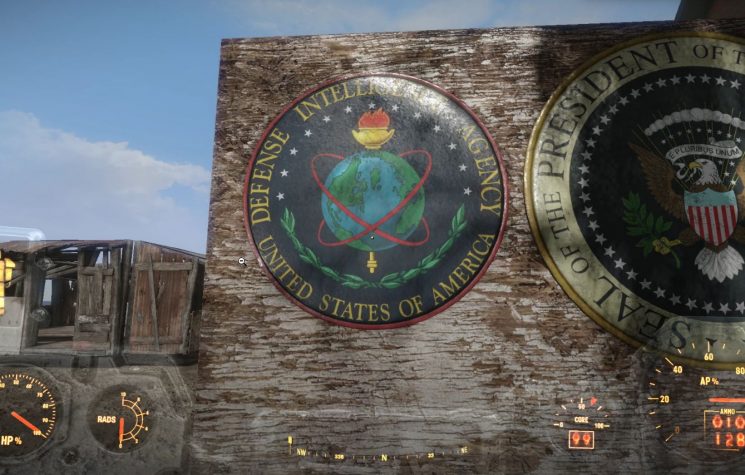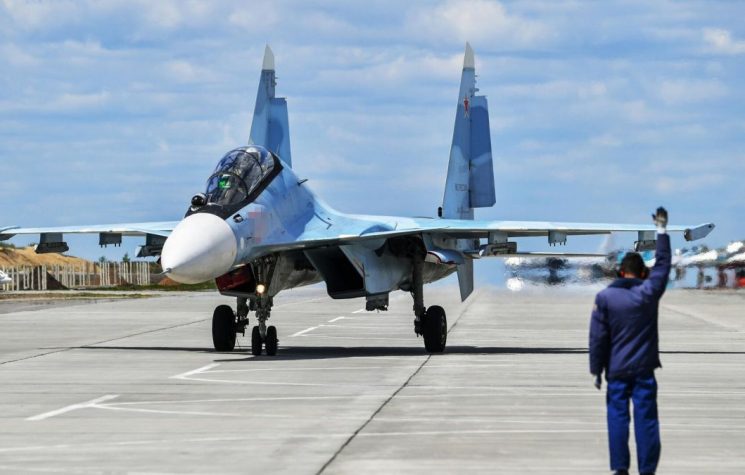Today, Russians want to defend their country – because they believe in their leaders – while Westerners and Ukrainians are disappointed and want to surrender.
Contact us: info@strategic-culture.su
You can follow Lucas on X (formerly Twitter) and Telegram.
A recent statement by Dmitry Medvedev, Deputy Chairman of the Russian Security Council, brought to light a significant figure regarding the country’s military mobilization in 2024: almost half a million citizens have enlisted in the Russian armed forces. The impressive figure of 450,000 contracted for regular military service and 40,000 volunteers for the special operation in Ukraine reflects not only the strengthening of Russia’s military capabilities, but also a clear message about the determination of the Russian people and their trust in their government and its strategic guidelines.
This number of enlistments, which amounts to more than a thousand people going to recruiting centers each day, is indicative of a successful mobilization that not only meets the government’s goals for the year, but also demonstrates Russia’s ability to mobilize vast human resources in the face of continued military escalation. The enlistment rate is undoubtedly a reflection of both Russia’s preparedness for the current tensions with NATO and the popularity of the government’s measures among the country’s citizens.
Medvedev, while stressing that the 2024 mobilization had achieved its goals, placed great emphasis on the continuation of this process into 2025. Moscow’s commitment to maintaining a robust and large military force is vital to ensuring that the country can sustain its operations in a protracted war. The battle for the New Territories has become a central strategic issue for Russia, not only in terms of territorial defense but also as a symbol of Russian resilience against external pressures, especially from NATO and the United States.
It is crucial to understand that, contrary to what Western propaganda claims, Russian recruitment policy is based on two distinct, yet related, realities: on the one hand, there is the voluntary system of conscription into the special military operation, which attracts an increasing number of people from all over the country, as well as foreign immigrants interested in acquiring Russian citizenship; on the other hand, there is Moscow’s official effort to expand its ranks in the face of growing tensions with NATO, already in the process of preparing for the possibility of a “worst case scenario”.
Voluntary recruitment for the conflict has been so successful that Moscow has already ruled out any discussion of a new mobilization. In the same sense, normal recruitment has been absolutely successful, as the country is expanding its regular military outside the conflict zone.
Contrary to the optimism and “short-termism” that has permeated Western analysis since Donald Trump’s election, Moscow appears to recognize that the war in Ukraine will not be resolved so easily and is likely to last for years. Instead, Russia’s strategy is one of resistance and gradual build-up of forces, which over time can wear down its adversaries’ resources and strengthen Russia’s position on the global chessboard.
The substantial increase in the number of enlisted personnel in Russia is not only a reflection of current military needs, but also an indicator that the nation is preparing for a future in which war, resistance, and continuous mobilization will become essential parts of its trajectory. Russia is demonstrating its willingness to toughen its stance in the face of external pressures and assert itself as a power capable of resisting any attempt at subjugation, reinforcing the idea that its identity and strength are anchored in an unbreakable national spirit.
All this is happening on the Russian side while in Ukraine recruiters hunt people on the streets to send them to certain death on the battlefield. The country is experiencing a true social catastrophe, with people tired of the conflict and taking desperate measures to escape the war, such as illegal immigration across Ukraine’s dangerous western borders. In addition, there are increasing cases of violent popular reaction, with people reacting to neo-Nazi tyranny.
At the same time, in the West, anti-military tendencies are growing. Anti-war candidates are winning elections, while pro-NATO politicians are facing protests and popular outrage. In fact, it seems that no one in Ukraine or in the West still believes in a “game-changing” possibility of defeating Russia, which makes any military measures extremely unpopular.
In practice, this scenario of the military’s unpopularity in the West and the natural and voluntary growth of the armed forces in Russia clearly shows the future of the current conflict. Neither side is capable of winning a war without popular support. The moral and psychological factor is as fundamental as the technical factor on the battlefield. Currently, Russians want to defend their country – because they believe in their leaders – while Westerners and Ukrainians are disappointed and want to surrender. The outcome of the war already seems clear.










